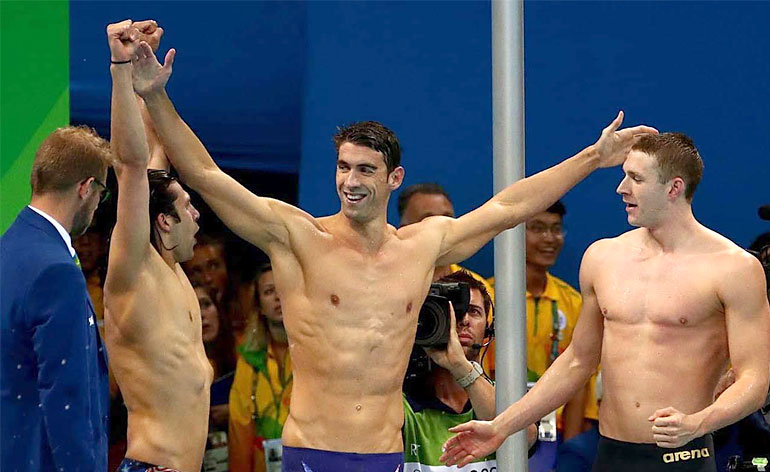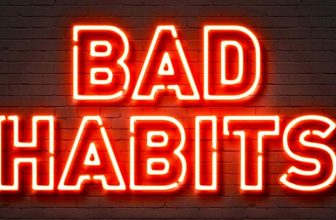
With the Rio Olympics upon us it have you ever considered what an Olympic swimmer has to go through in order to succeed? Read on for our special, Training for Success: Olympic Swimming!
Champion swimmers tend to commence swimming at a very tender age, join a local club, compete at club level, progress to compete at national championships before joining a larger club aiming to have their talent recognised to be chosen to represent their country. A small number achieve Olympic standard, so what makes an Olympic swimmer?
At the elite level, swimming is a structured lifestyle; focusing on gruelling training regimes both in out of the pool including extreme diet and training programmes which vary with distance participation, shorter distance athletes spending more time in the gym developing explosive power and long course swimmers’ efforts concentrated on exhaustive endurance pool sessions.
Not a sport for the faint hearted as Rebecca Adlington OBE, former Great Britain competitive swimmer and double Gold medal winner at the 2008 Games, would testify. Prior to the Beijng Games, she spent four hours per day in the pool in addition to physiotherapy sessions and gym workouts.
To quote Rebecca: “it’s all sleeping, driving, training and occasionally finding time to eat.” A similar pattern has been followed by Olympians Michael Phelps and Ryan Lochte spending 2-6 hours daily in the pool depending upon training cycles.
Nutrition patterns are crucial for elite athletes seeking an improvement in performance from calorie intake.
With the average male requiring 2,000 calories to fuel daily functions, Michael Phelps, considered to be the greatest Olympian of all time, has trained up to 6 hours per day in the pool in addition to strength and conditioning sessions, required an intake of at least 10,000 calories to provide the levels of energy to sustain such physical exertion of an endurance sport.
Requiring carbohydrate fuel, his diet comprised not the standard balanced diet expected for a competing athlete with breakfast comprising 3 fried egg sandwiches with cheese, lettuce, tomatoes, onions, covered in mayonnaise in addition to an omelette, porridge, pancakes and coffee. A balance between nutrition, training and recovery is also essential.
Here are 5 Olympians you’re likely to have seen at the Rio Games who have gone the distance and undertaken pretty demanding regimes:
1. Michael Phelps
American 28 time Olympic medal winner, picking up another 5 gold medals at Rio 2016.
2. Chad Le Clos
The South African Olympic champion returned to defend his title in the 200m butterfly, but had to settle for 4th place. He did pick up 2 silver medals though!
3. Adam Peaty
Achieved 3 gold medals at the 2015 World Championships and a gold and silver at Rio, not to mention a world record time in the 100m breaststroke final!
4. Emily Seebohm
The Australian Olympian added a fifth medal to her tally of Olympic medals by claiming silver in the 4×100m medley relay.
5. Ellie Simmonds
Four-time Paralympic British champion Simmonds is also a world record holder, competing in the S6 category events in her quest for further golds, but will she succeed?









